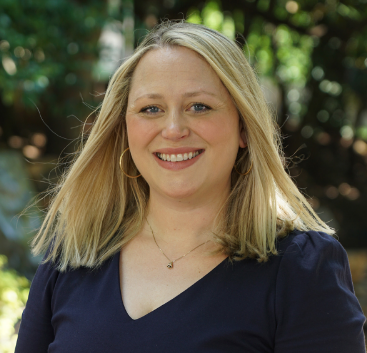
FOR IMMEDIATE RELEASE
November 20, 2013
KSO Director of Communications
Direct: 865-521-2317
Cell: 865-660-3037
[email protected]
[title]
The Knoxville Symphony Orchestra kicks off a brand new FREE recital series THIS THURSDAY with the Woodwind Quintet. The Q Series consists of THREE FREE RECITALS beginning Thursday, November 21 at 7:00 p.m. at the Clayton Performing Arts Center at the Pellissippi State Community College Hardin Valley Campus. This performance is free to attend; no tickets are required.
Who: The Woodwind Quintet will perform Barthe’s Passacaille, George Bizet’s Jeux d’enfants, Paul Valjean’s Dance Suite for Woodwind Quintet, Gunther Schuller’s Suite for Woodwind Quintet, Gershwin’s Three Preludes, and Dvorak’s Quintet.
The Woodwind Quintet members are: Ebonee Thomas, flute; Phylis Secrist, oboe; Gary Sperl, clarinet; Aaron Apaza, bassoon and Jeffery Whaley, French horn.
What: The first of three free recitals in the KSO Q Series, a brand new recital series with woodwind and string ensembles plus special guests.
When: Thursday, November 21 at 7:00 PM
Where: Clayton Performing Arts Center at Pellissippi State Campus at Hardin Valley (10915 Hardin Valley Rd, TN 37932)
The Q Series performance dates are:
• Thursday, November 21, 2013 at 7:00 p.m. at the Clayton Performing Arts Center at Pellissippi State Campus at Hardin Valley (Woodwind Quintet)
• Thursday, January 23, 2014 at 7:00 p.m. at American Piano Gallery (Woodwind Quintet and Principal Quartet)
• Tuesday, March 25, 2014 at 12:00 p.m. at the Emporium Center (Woodwind Quintet and Principal Quartet)
The KSO has contributed to the cultural life in East Tennessee since 1935. Under the leadership of Lucas Richman, the orchestra consists of 75 professional musicians and performs more than 250 programs throughout East Tennessee each season. Performing in traditional venues such as the Tennessee Theatre, Bijou Theatre and the Civic Auditorium, and in non-traditional places like hospitals, school classrooms, nursing homes, city parks and churches, the KSO reaches more than 200,000 people throughout the region each year.



